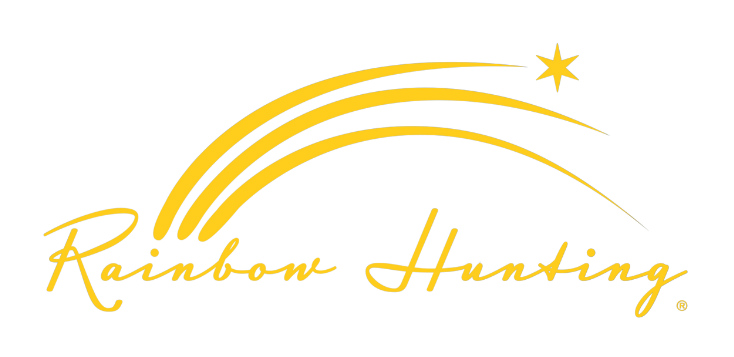“Every Parent Should Read This Book: Eleven Lessons for Raising a 21st-Century Teenager” by Ben Brooks
“Here’s the good news: as wonderful, well-rounded adults, you can help your teenagers express their feelings of injustice in more considered and effective ways.”
This book was gifted to me by a great friend and fellow busy parent with whom I often chat about the challenges of parenting my two girls alone. We both read the book this summer at the same time, having been told that the statement on the front cover was true, apparently it is “A must-read for those with teenage kids”.
As the parent of a 12 year-old pre-teen and a 14 year-old, I had high expectations of having a light-bulb moment about how to raise my girls in a world that is preoccupied with screens and is drastically different from my own bare-foot, outdoor and slightly gypsy childhood. However, despite being advertised as a field guide for confused parents, these eleven lessons are not a parenting guide. Instead the book is an eye-opening account of what a teenager’s world is like today but the messages at the end of the book have taught me a few things:
Always know more than your children do,
Ask questions,
Help your kids find the things they love and
Teach them that they are in control of their own lives.
The book covers so much that was simply not around in my childhood (which was far more sheltered than the author’s), in particular about the the social life that exists inside our children’s mobile phones. The author, Ben Brooks writes from his own experiences of being a teenager “in an age of self-harm, selfies and sexting”. He openly shows us the parallel world online that exists at the same time as the 3D world we see in our homes. Our eyes are opened to the things that teenagers need to navigate and the lessons cover the complexities of the accessible online environment that takes our children into the realm of photo-editing, self-harm, pornography, drugs, gender confusion, cyber bullying, cancel culture, purchasing things with bitcoin, self-medication, online relationships and suicidal idealisation.
What I wanted: Like all parents, the one thing that I long for is that my children live the best lives they can in an increasingly scary world of wars, viruses and complex relationships. The book provided a fresh perspective for me and opened my eyes to a life I have not experienced. However, I feel that some will find the book graphic in places and I worry that it might be enabling to read if it got into our the hands of a child who wanted more information on how scarily easy it is access porn and drugs when you know how to navigate the dark side of the internet. As a result, the book comes with a health warning that it might shock some parents.
What I liked: I loved the easy-read and informal tone of the book and I found it to be an entertaining and non-judgmental read. But most importantly I was grateful for the encouragement to have sensible and informed conversations with our children. The author believes that if parents are completely unaware of our children’s experiences we can get blindsided, which may mean that we won’t know what to say or how to say it when things go wrong.
“Hoping for the best, prepared for the worst, and unsurprised by anything in between.”
- Maya Angelou

